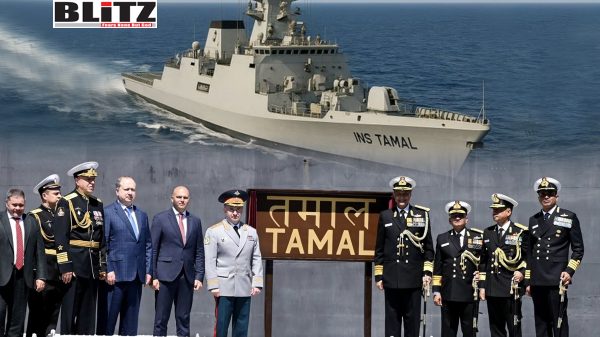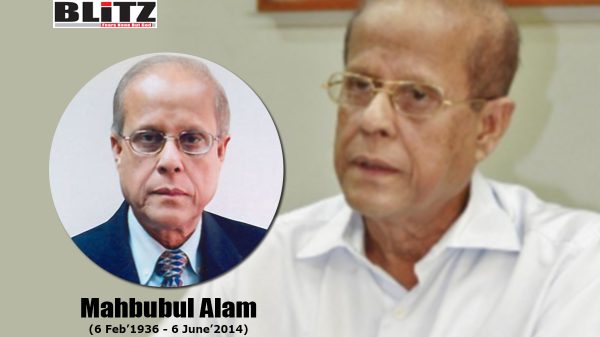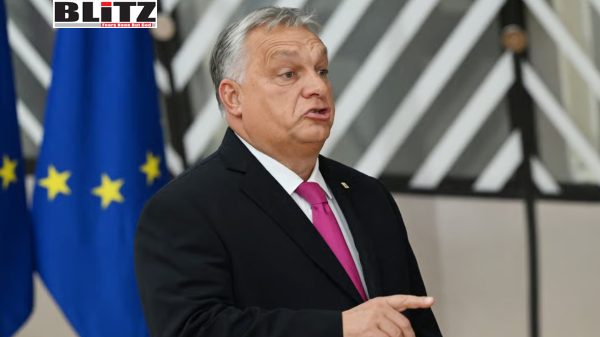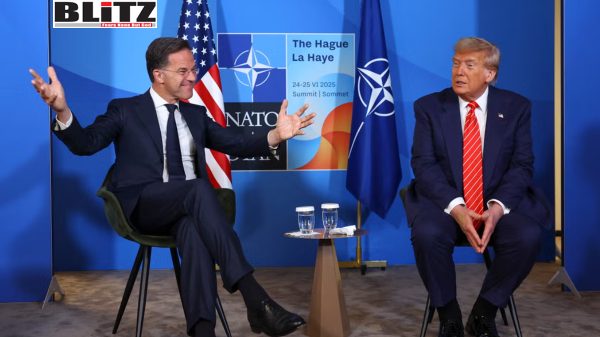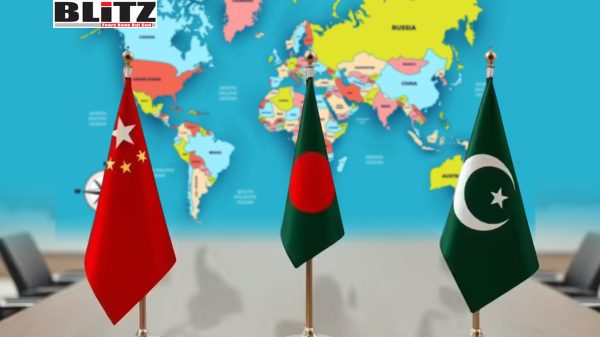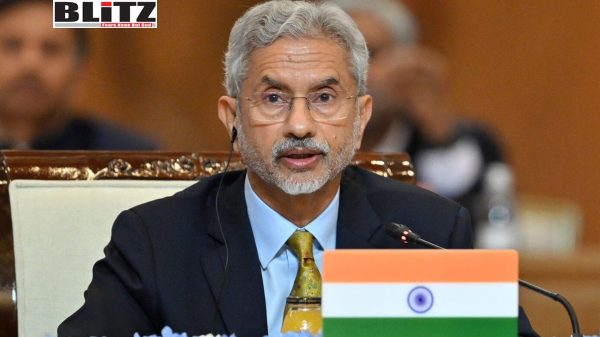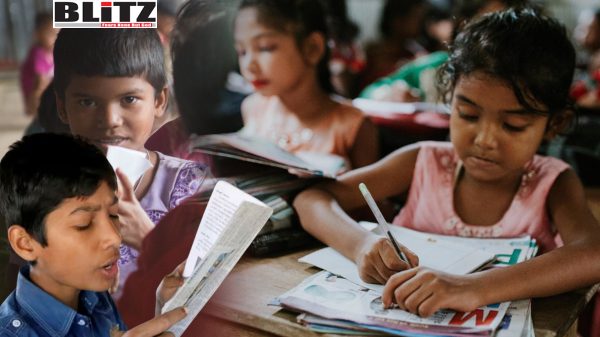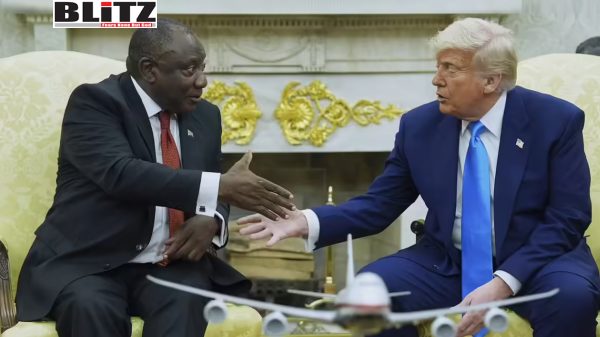Hamas and Iran’s involvement in human and sex trafficking networks
- Update Time : Tuesday, November 14, 2023

Amidst the political machinations emanating from Tehran, there is a particularly insidious calculation—a hidden ledger that goes beyond mere power dynamics and ideological warfare. The Islamic regime has long held sway in the Middle East through its complex matrix of proxy groups—Hezbollah in Lebanon, various militias in Iraq, the Houthis in Yemen and most notably of late, Hamas in Gaza. While these proxies manifest the mullahs’ strategic interests and ideological ambitions, they serve an even darker purpose. Mounting evidence suggests that Tehran has exploited its ideological influence to support networks deeply engaged in human and sex trafficking. And most disturbingly, this sexual exploitation is often rationalized through the religiously sanctioned practice of Muta’a, or “temporary marriage,” thereby giving it a veneer of legality and moral acceptability.
Recent allegations implicate the highest echelons of the Iranian government, particularly the Islamic Revolutionary Guard Corps (IRGC), in these grim operations that commodify human beings. These revelations serve as an indelible stain on the already problematic canvas of Iran’s foreign policy, which operates through the use of local proxies like Hamas in Gaza. But here’s the rub: the issue isn’t simply that Iran is wielding these groups to advance its regional objectives. These groups also seem to be doubling as conduits for financial gain via activities that are not just morally reprehensible but criminal.
In the labyrinthine complexity of Iran’s influence in the Middle East, one might be forgiven for seeing such engagement in human and sex trafficking as a sideline, a mere underworld footnote to its broader geopolitical playbook. But to do so would be to miss a critical dimension of what is happening: a sinister confluence of strategic manipulation and ethical horror that’s reframing the very nature of power and subjugation in the region. The Islamic Revolutionary Guard Corps (IRGC) and other high-ranking officials in Iran are involved not just in illicit financial enterprises, but in a darker form of commerce—one that traffics in human souls, and one that has chilling echoes of early Islamic feudal systems where the conquered were systematically enslaved.
This isn’t merely about monetizing human misery to fund terrorism—though that would be atrocious enough. No, what we’re confronting here is a form of totalitarian innovation. The Islamic Republic of Iran is exploiting its ideological reach to craft a new societal architecture, one rooted in the machinery of fear, dehumanization, and total control. This isn’t just an extension of statecraft as we know it; it’s an evolution, albeit a regressive one, toward a kind of society where the notion of individual liberty is not just threatened but actively dismantled.
Consider the allegations involving sex trafficking, often rationalized through the practice of Muta’a—temporary marriage. Here, religious edicts become covers for sexual exploitation, a disturbing fusion of the sacred and the profane, which is not merely a tactic for fundraising but a strategy for engendering subservience and rewriting social norms.
In facing this grim mosaic, we’re not merely opposing a state actor engaged in a variety of criminal enterprises. We’re up against an ideological behemoth that is looking to redefine reality itself, and not in a way that any of us should wish to inhabit. The stakes couldn’t be higher. We’re not just fighting against a regime; we’re fighting for the sanctity of the individual in a society that respects the bounds of human dignity and freedom.
All eyes on Hamas
Amidst the fog of geopolitical conflict where moral ambiguity often prevails, the allegations against Hamas represent an ethical quandary that is nothing short of a clarion call for immediate attention. Let’s be clear: Hamas, an organization already bearing the label of “terrorist” from governments such as the United States, now stands accused of human and organ trafficking – not that it is necessarily breaking news as previous reports suggest. But this accusation gains darker hues when viewed through the lens of Iran’s ideological and financial patronage—implying that a group notorious for militant operations against Israel is also complicit in trafficking young Palestinians, including orphans, into vortexes of sexual exploitation. These are not mere financial operations. They are diabolical stratagems aimed at dehumanizing individuals to consolidate power and sow terror.
But let’s take a moment to penetrate the deeper layers of this horrifying tapestry. It’s not just that these operations provide another income stream for an organization sustained by a cocktail of terror and ideological fervor; they are sadistic schemes designed to strip individuals of their basic human dignity, fortifying Hamas’ power base while proliferating an atmosphere of omnipresent fear. This isn’t merely about profit; it’s a pathway to exert control and foment terror on a profound psychological level.
And how is this enforced? According to testimonies, religious leaders within Hamas are instrumental in coercing vulnerable young people into sexual relations, leveraging both intimidation and bribes. Picture the life-shattering implications: these young individuals are ensnared in a cycle of violence they cannot escape. Because in their context, any admission of sexual relations outside of marriage isn’t just socially stigmatizing—it’s a potential death sentence.
This abyss of abuse isn’t confined to the geographical boundaries of Gaza. Consider this: visas and other permits, including authorization to seek medical treatment outside of Gaza, are often bartered for sexual favors. In doing so, young women, and in some cases, men, are further chained to a life of degradation and exploitation. They are not merely being abused; they’re being trafficked into Iran’s ‘network’ which appears to function as a veritable pipeline of human misery.
As international discussions pivot still around Iran’s nuclear ambitions and its alleged role in shaping Hamas’ strategies against Israel, these profoundly unsettling claims add a further layer of ethical complexity to the equation. If you’re a country seated at the negotiation table with Iran, you are not just deliberating over nuclear centrifuges and regional stability; you’re faced with the question of how to reconcile diplomatic endeavors with allegations of chilling human rights abuses. Ignoring these claims doesn’t merely make you morally lax; it pushes you to the precipice of ethical bankruptcy.
This situation calls for nothing less than a comprehensive investigation—a non-negotiable ethical imperative. The allegations levied here strike at the foundational concept of human rights and deserve scrutiny of the highest order. Until such an investigation occurs, every diplomatic gesture towards Iran, every concession made in the name of pragmatism, is haunted by the most nefarious of possibilities: that we’re not dealing with a mere geopolitical adversary, but a regime that may be facilitating some of the most hideous forms of human suffering.
We arrive, then, at a pivotal moment of ethical urgency. These aren’t allegations that can conveniently be swept into the recesses of realpolitik. They demand our full ethical engagement, requiring us to confront uncomfortable questions that probe the very essence of our moral integrity. What are we willing to endure in the name of diplomacy? And, perhaps more hauntingly, what are we willing to overlook at the grave cost of our own ethical principles?



